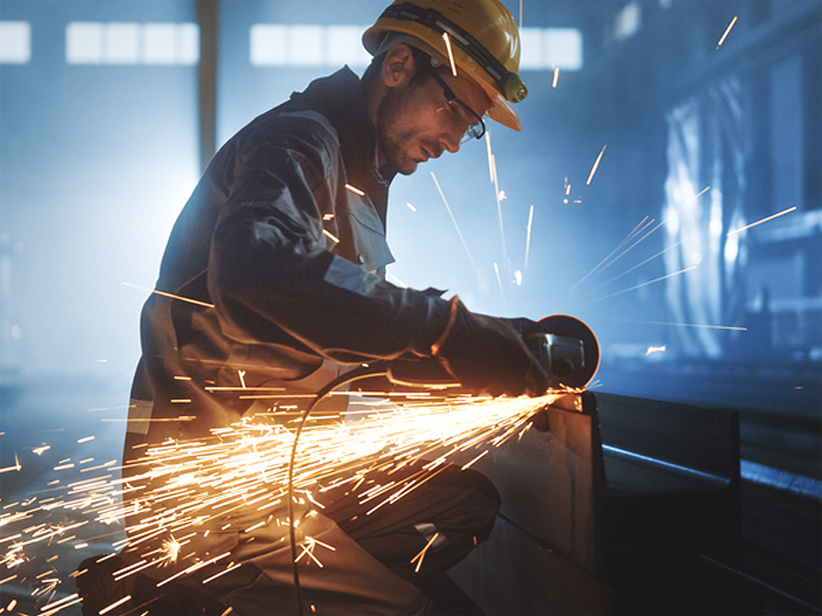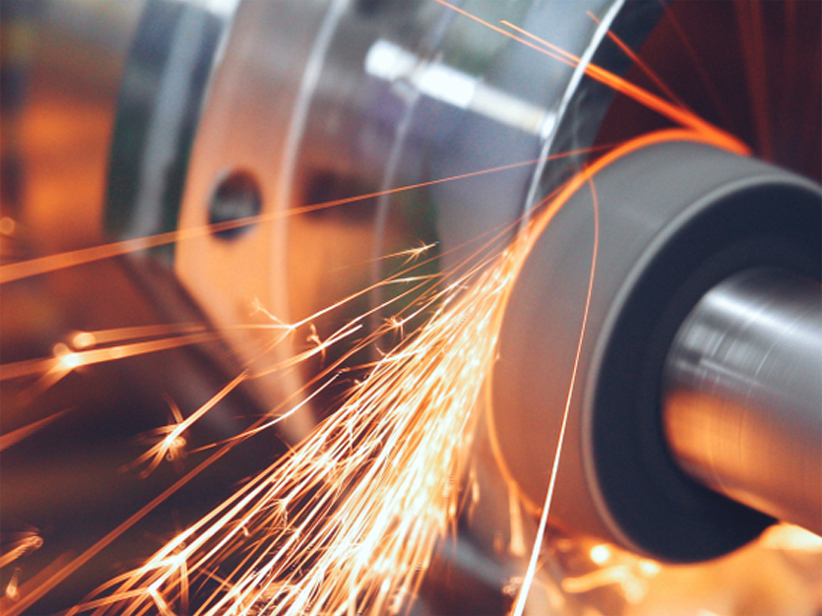Description
Stainless Steel Grade 321H/1.4878 is a high-carbon version of 321 stainless steel, specifically designed to improve creep resistance and for higher strength at elevated temperatures. It is an austenitic chromium-nickel stainless steel with titanium added to stabilize the structure against the formation of chromium carbides. The higher carbon content in 321H increases its high-temperature strength, making it suitable for applications involving prolonged exposure to temperatures in the 800-1500°F (427-816°C) range.
Chemical Composition
Chromium (Cr): 17.0 - 19.0%
Nickel (Ni): 9.0 - 12.0%
Silicon (Si):≤ 0.75%
Manganese (Mn): ≤ 2.0%
Carbon (C): 0.04 - 0.10%
Phosphorus (P): ≤ 0.045%
Sulfur (S): ≤ 0.030%
Titanium (Ti): 4 * C - 0.70%
Mechanical Properties
Tensile Strength: 515 MPa (75 ksi) min
Yield Strength: 205 MPa (30 ksi) min
Elongation: 40% min
Hardness: 217 HB max
Thermal & Physical Properties
Density: 7.9 g/cm³
Melting Range: 1400 - 1425°C (2550 - 2597°F)
Thermal Conductivity: 16.0 W/m•K at 100°C
Specific Heat: 500 J/kg•K
Coefficient of Thermal Expansion: 17.2 µm/m•K (0-100°C)
Electrical Resistivity: 0.72 µΩ•m at 20°C
Other Designations
ASTM:A276, A479
DIN:1.4878
UNS: S32109
Fabrication and Heat Treatment
Fabrication: Grade 321H/1.4878 can be easily welded and processed by standard shop fabrication practices. Care should be taken to ensure the material does not become sensitized during welding.
Heat Treatment: Solution treatment (annealing) should be carried out at 950-1120°C (1742-2048°F) followed by rapid cooling. This grade cannot be hardened by thermal treatment.
Applications
Oil and Gas: Piping, tubing, and other components exposed to high temperatures and corrosive environments.
Aerospace: Engine components and exhaust systems requiring high strength at elevated temperatures.
Chemical Processing: Equipment and components subjected to high temperatures and harsh chemicals.
Thermal Expansion: Bellows and expansion joints.
Petrochemical: Refining equipment and catalytic converters.
Supplied Forms
Bars: Round, square, hexagonal, and flat bars.
Wires
Features
High-Temperature Strength: Excellent strength at elevated temperatures, making it suitable for high-heat applications.
Corrosion Resistance: Good resistance to oxidation and corrosion in a wide range of corrosive environments.
Stabilized Composition: Titanium addition prevents carbide precipitation, ensuring material stability.
Formability and Weldability: Easily fabricated and welded, maintaining strength and corrosion resistance in welded structures.
Creep Resistance: Improved resistance to creep deformation, making it ideal for high-stress applications at high temperatures.






